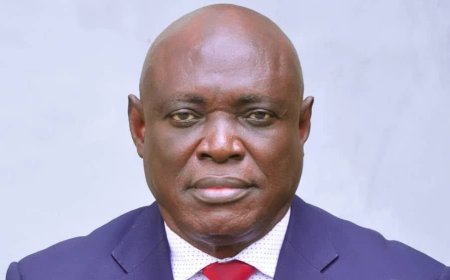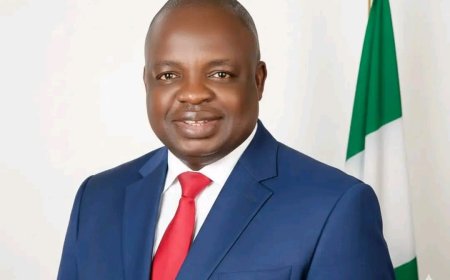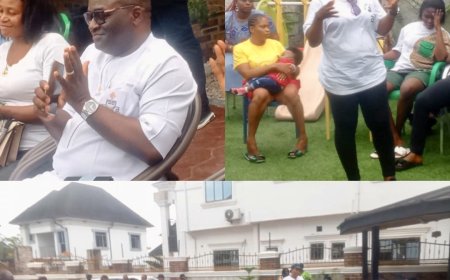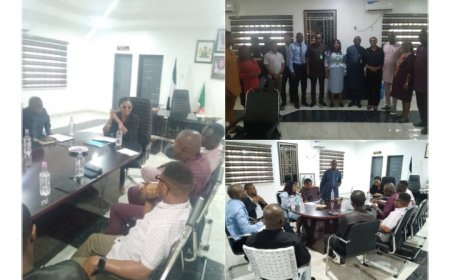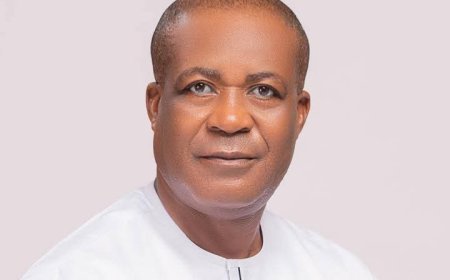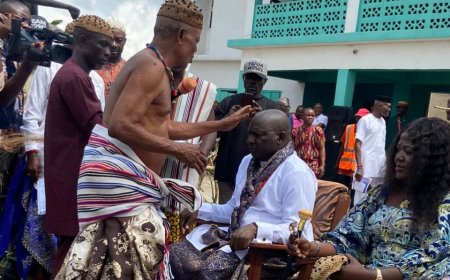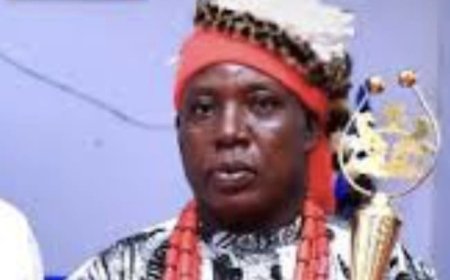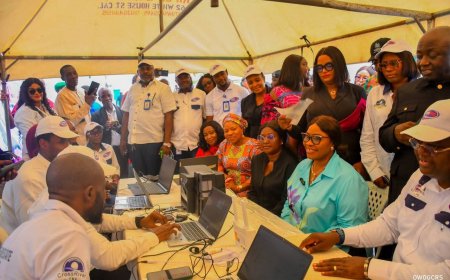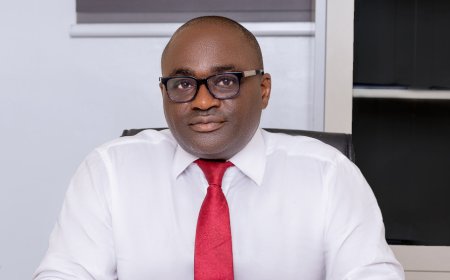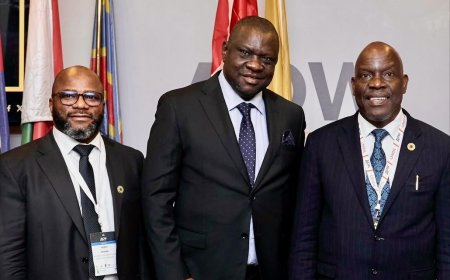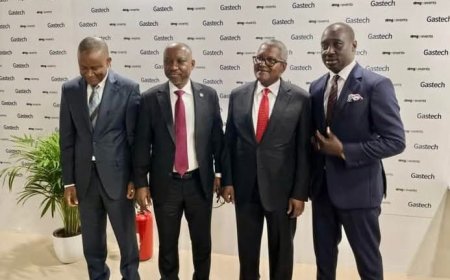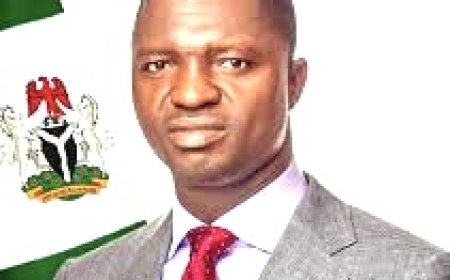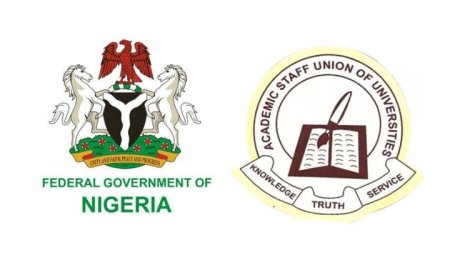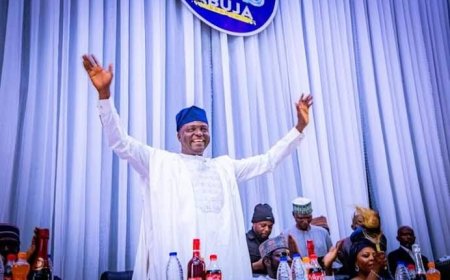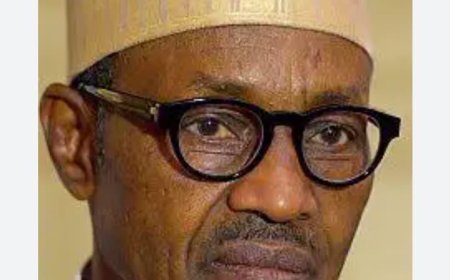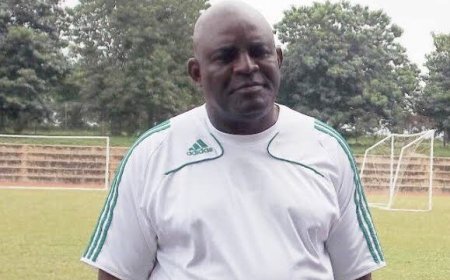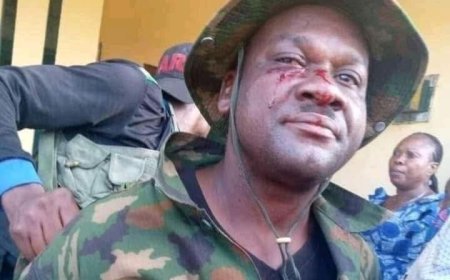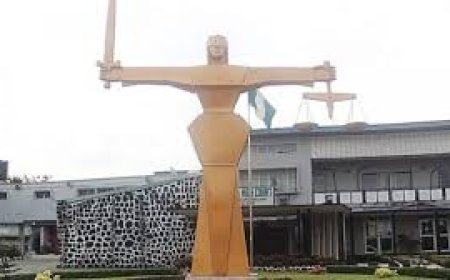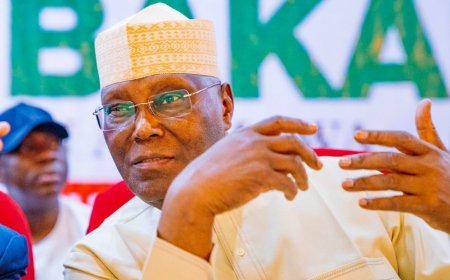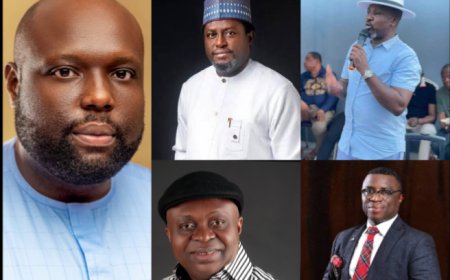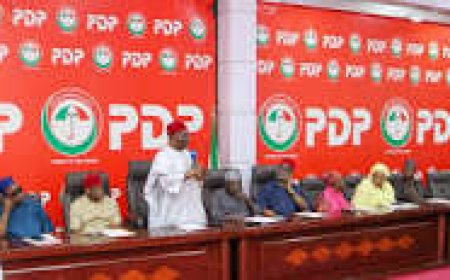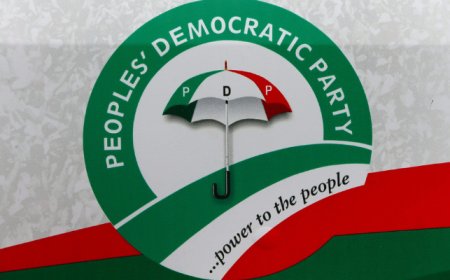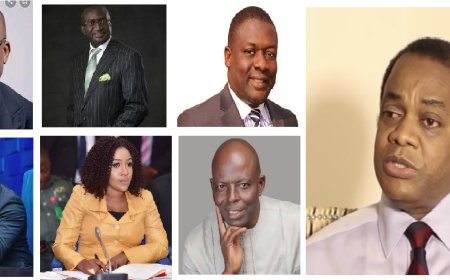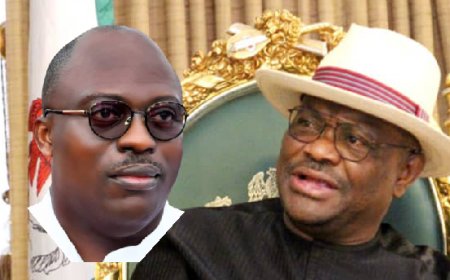2027: Echoes of Power as Ekpenyong, Asuquo, Edet Others Set To Contest C'River South Senatorial Seat
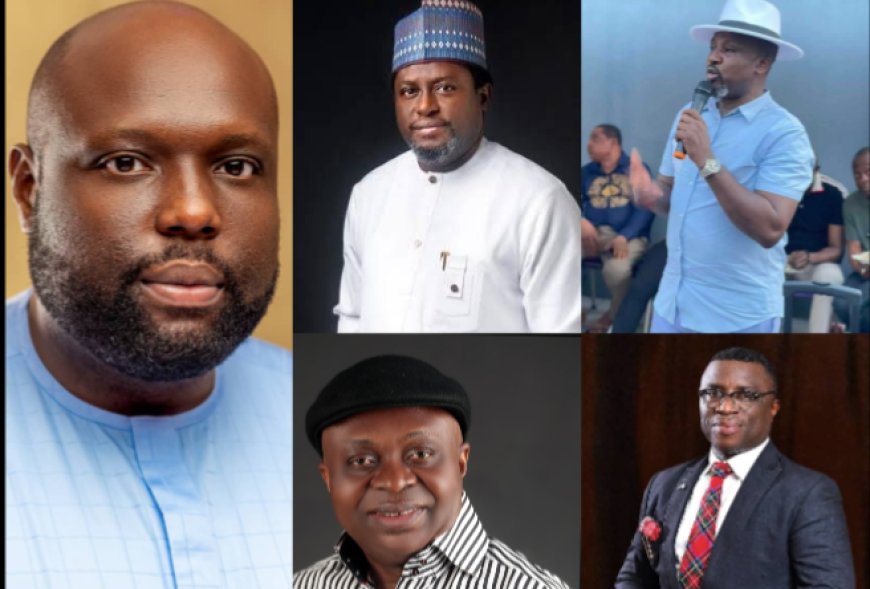
Anthony EKPO BASSEY
The Cross River Southern Senatorial District has always been more than an ordinary constituency. It is a battlefield for ambition, legacy, and influence. From the glittering waters of Bakassi and Calabar South to the forested reaches of Biase and Akamkpa, the district is a microcosm of the state’s political DNA. And as the 2027 elections inch into view, it is becoming clear that the race for the Senate seat will not be a polite relay of succession but a collision of elite strength, grassroots mastery, intellectual posture, and strategic timing.
ASUQUO EKPENYONG (Jr)
At the apex of this unfolding drama is Senator Asuquo Ekpenyong, the incumbent, who swept into the Senate on the back of a disciplined and well-oiled APC machine in 2023. His entry into the Senate marked a generational shift. He is young, urbane and financially savvy, and highly connected to both top political office holders and elites, business circles as well as the traditional political clans of Cross River State. For some, Ekpenyong represents continuity and calculated competence. He had served as a Commissioner for Finance, under former Governor Benedict Ayade and held his ground in technocratic settings. His senatorial office, has already been used to build a perception of influence and maturity. He is highly appreciated by some of his constituents for the projects he has attracted back home as well as the scholarship schemes and job connections for his people.
Yet, incumbency is no longer the shield it once was. Ekpenyong, who rose without the bruises of local electioneering, must now prove that he can endure more than coronation, that he can face challenge, dissent, and mass expectations without faltering. His greatest task in 2027 is to convince the people that he is a field soldier who understands their hunger and their dust.
DANIEL ASUQUO
Lurking with political precision is Rt. Hon. Daniel Asuquo, popularly known as Dansuki. He is a veteran of the National Assembly and a master of political calculus. He is not a new voice but an enduring echo in Cross River politics. Having served multiple terms in the House of Representatives, Dansuki carries with him a network of loyalty across the district, particularly in the Akamkpa/Biase axis, where his name still pulls political gravity. If politics were measured purely by name recognition, he would already be halfway to the red chamber.
But time, while it builds legacy, also invites fatigue. There are murmurs about whether Dansuki represents an era the electorate wants to move past, or whether, in fact, he remains one of the few with the clout to resist elite overreach. If he decides to run, it would be a calculated comeback, likely dressed in the language of “rescue” or “correction.” His ability to build coalitions beyond his historical base especially, with the youths and women voters in Calabar South and Bakassi, will largely determine his chances.
JOSEPH EDET
Silently emerging with scholarly poise and reformist credentials is Ntufam, Prof. Joseph Edet of the people’s Democratic Party (PDP). Edet is more than a street politician and represents the academic turn in Nigerian politics. The idea that policy brilliance and moral clarity can outpace populist theatre. For those disillusioned with the traditional political class, he is a breath of fresh air. He speaks the language of governance, development, education, and systemic reform. His appeal is strongest among the educated elites, clergy networks, and civil society actors.
However, in a district where political loyalty is often measured in bags of rice, solar streetlights, and ward-level visibility, Edet’s path is steep. His campaign must do more than sound good. It must feel present. The challenge is not just whether he can be understood, but whether he can be felt. If he learns the art of retail politics, one of which is door-to-door persuasion, ward engagements, and constituency storytelling, he could turn his so-called “bookishness” into a brand of visionary leadership.
EKPO OKON
Ntufam Ekpo Okon stands as a strong contender in the brewing contest for the Cross River South Senatorial District. His experience as a former NDDC Chairman and former PDP State Chairman gives him significant political capital and recognition across the district.
His deep roots in his party and broad network offer him an advantage, especially among loyal PDP supporters. However, he will face a huge task of unseating an incumbent senator from the APC, which could be difficult depending on the strength of the ruling party’s machinery and grassroots presence.
Nonetheless, Okon has respectable chances if he can consolidate the PDP base, overcome doubts about his political journey, and tap into voter’s dissatisfaction with the status quo. His success will hinge on effective campaign strategy and voter turnout, particularly in key local government areas.
GEORGE OBEN’ETCHI
And then comes Hon. George Oben’ Etchi, a name less known in urban cocktail circuits, but widely whispered in the trenches of APC grassroots politics. A former Special Adviser and long-time political mobilizer, Etchi is no stranger to the engine room of elections. He understands how local loyalties work, and how to build quiet momentum that shows up powerfully at the ballot. For many, he represents the “core politician” in the race, the one who knows the local chiefs by name, who has broken kola in their halls, and who does not need a microphone to earn applause.
For Etchi, If he can push beyond internal party dynamics and present himself as a relatable alternative to both the elite and the establishment, he may well emerge as the dark horse. What he lacks in glitter, he compensates for with organisational grit and in politics, that grit often proves decisive.
What unites these five contenders is that none of them enters 2027 without baggage, yet each carries a real claim to legitimacy.
Ekpenyong has power, youth, and visibility but must have key strategists at both the elites and grassroots camps to check and cover-up perceived or possible lapses that may work against his ambition.
Dansuki has legacy, structure, and familiarity but must confront generational fatigue and prove that his time is not past.
Ekpo, has a deep understanding of both state and federal political structures, having served in high-level roles but will need to do a lot grassroots outreaches to strengthen existing ties and to prove to the younger generation that age is only but a number.
Edet has vision, intellect, and modern appeal but must make the leap from theory to tactile relevance.
Etchi has grassroots depth and insider know-how but must rise from political executor to principal actor.
The PDP, though licking its wounds from the 2023 sweep, may very well find its redemption through internal discipline. If it chooses poorly, the APC will maintain its grip. If it chooses wisely, and balances structure with storytelling, it could recapture the seat.
The APC, on its part, must decide whether to consolidate around Ekpenyong or gamble with a different face. Even with incumbency, no candidate is invulnerable, not in a region where economic hardship and political awareness have intensified.
Ultimately, Cross River South’s senatorial contest in 2027 will not be won solely in air-conditioned parlours or technocratic pitches. It will be fought and decided in ward meetings, village squares, cultural festivals, church altars, and WhatsApp groups, where emotion, identity, memory, and momentum converge.
This will not be a coronation. It will be a contest. And in that contest, every handshake, every silence, every promise and every mistake, will matter.
